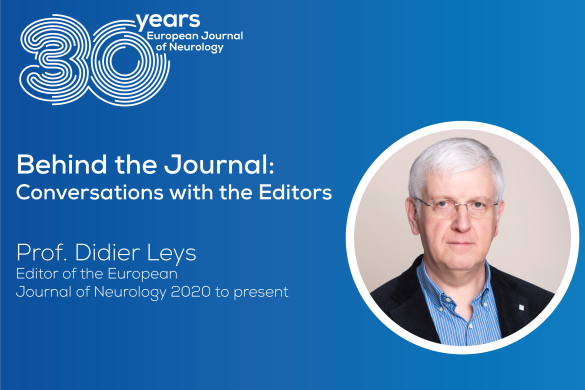We are experiencing an unprecedented situation that no one had imagined or prepared for which has hit Europe during a period of prosperity, and the whole world. COVID-19 has come as a shock. In this context, headache services have to adapt to the new situation and physicians should treat patients in line with general guidelines that regulators have introduced nationwide.
Some general advice could, however, have a significant impact on clinical practice, but should not, on the other hand, replace personalized medicine, which is central to the practice of headache medicine and neurology.
TIP ONE
Headache can be a symptom of systemic viral infections, and COVID-19 is no exception. Recent investigations showed that 8% of patients with COVID-19 infection reported headache (1). The presence of headache is not helpful for the diagnosis or prognosis of COVID-19 infection. Headache in COVID-19 infection probably coexists with fever and may be dependent on it.
TIP TWO
In patients with primary headaches, stay posted with the patients, they need medical care more under the current circumstances, but minimize in-person visits. Emerge tele-medicine by using several i-tech programs, those that a common citizen may be familiar with, in particular, e.g. Skype, WhatsApp, Facetime. Vision contact matters significantly.
TIP THREE
Encourage patients with primary headaches to adhere with the suggested treatment and to control dietary triggers, particularly alcohol consumption that may be increased under isolation. Maintaining regular sleep and eating habits and managing stress are important as they are common migraine triggers.
In the conditions of social isolation, anxiety and depression disorder may worsen and negatively affect chronic headaches and medication overuse. It is important to remember that intake of medications for acute treatment for migraine should be limited to less than two times per week.
TIP FOUR
Use of anti-inflammatory drugs for headache
There is no conclusive scientific evidence that the use of non-steroidal anti-inflammatory drugs (NSAIDs) aggravates COVID-19 infection, despite recent media reports linking certain NSAIDs, notably ibuprofen, to worsening symptoms in patients with COVID-19. The original observation was made by doctors in France. In a letter to Lancet Resp Med, the researchers suggested that ibuprofen may modify the function of the ACE2 enzyme which could theoretically exacerbate the symptoms of COVID-19 infection (1). There was no clinical, or experimental confirmation. According to the European Medicines Agency (2) and United States Food and Administration (3), there is currently no scientific evidence establishing a link between ibuprofen and worsening of COVID-19.
In medical practice, treatment guidelines are based on clinical studies. NSAIDS, especially ibuprofen, naproxen, diclofenac and tolfenamic acid, have proven efficacy and safety in clinical trials of symptomatic treatment of migraine and therefore are recommended for acute treatment. Furthermore, indomethacin, is the only available treatment for some Trigeminal Autonomic Cephalalgias. In general, NSAIDs are of great therapeutic value in headaches. The FDA recently released advice for the use of NSAIDs (March 19, 2020) (3).
Use of other analgesics and triptans
The use of paracetamol and triptans for the treatment of migraine attacks are safe.
TIP FIVE
The use of steroids can cause immunosuppression and predispose people to acquire infections more easily, including COVID-19 infection. In certain diseases (such as cluster headache), it may be necessary to use steroids to abort a cluster bout. The use of steroids must be carefully considered by a doctor who will decide, in each case, the doses and posology, according to treatment guidelines. At present, it is recommended to reduce the number of days on steroid treatment in order to minimize the potential risk of infection.
REFERENCES
- Huang C, Wang Y, Li X, Ren L, Zhao J, et al. Lancet 2020;395:497-506
- Fang L, Karakiulakis G, Roth M. Are patients with hypertension and diabetes mellitus at increased risk for COVID-19 infection? Lancet Respir Med 2020, Marsh 11, https://doi.org/10.1016/PII .
- https://www.ema.europa.eu/en/news/ema-gives-advice-use-non-steroidal-anti-inflammatories-covid-19
- https://www.fda.gov/drugs/drug-safety-and-availability/fda-advises-patients-use-non-steroidal-anti-inflammatory-drugs-nsaids-covid-19
DIMOS MITSIKOSTAS, MD, PhD, FEAN and PABLO IRIMIA, MD, PhD
Co-Chairs, Scientific Panel Headache











